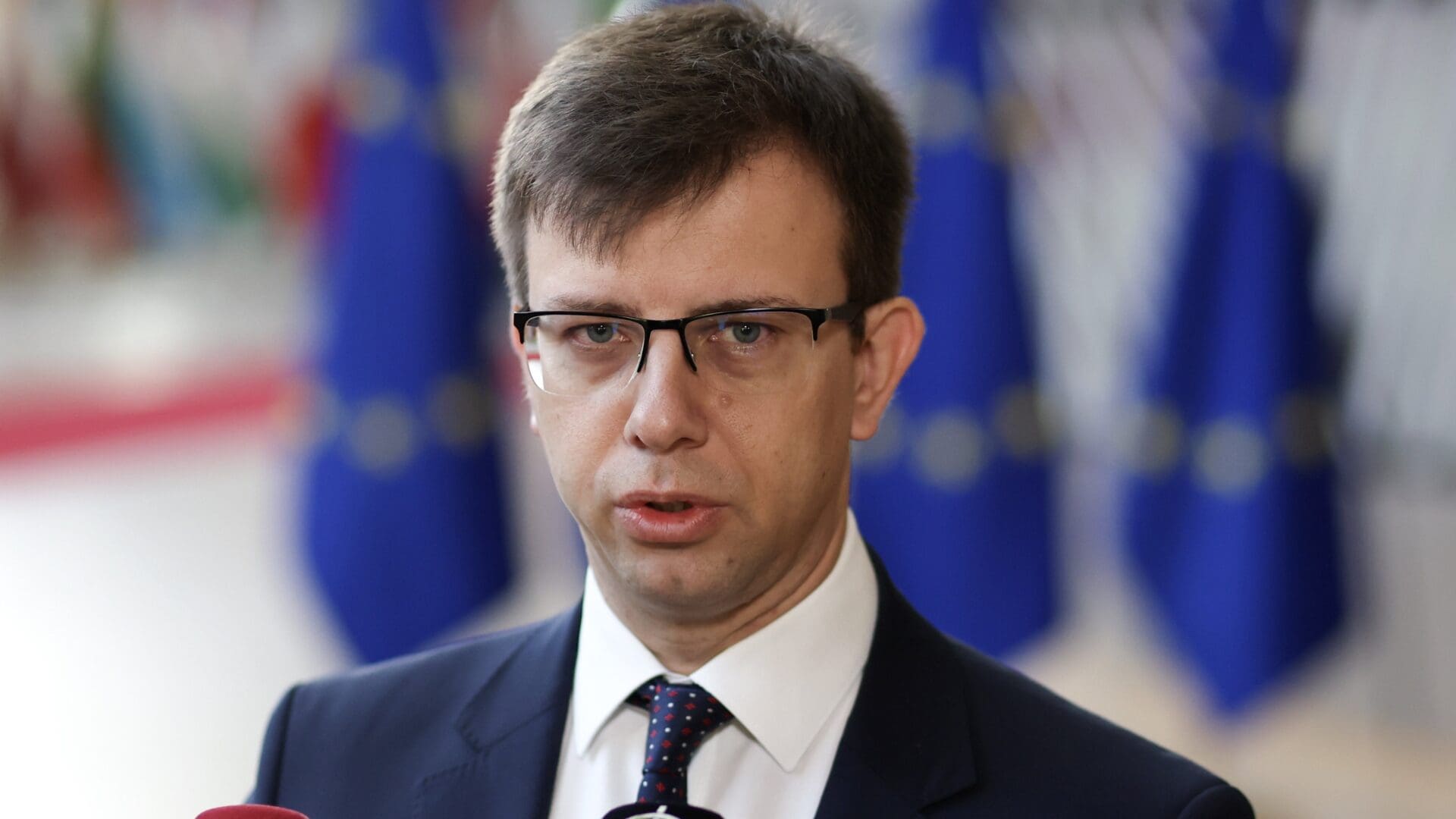‘The timing of the ratification of Sweden’s NATO membership depends on how quickly and effectively trust-building progresses between Hungary and Sweden,’ János Bóka, the Minister for European Union Affairs, stated in an interview with the Finnish newspaper Ilta-Sanomat.
On Saturday, the minister shared on his social media that he had given his first foreign interview of the year to Ilta-Sanomat. Quoting key statements from the interview, Bóka explained that the timing of Sweden’s NATO membership ratification hinges on the pace and efficiency of trust-building between Hungary and Sweden, reassuring Hungarian parliamentary representatives who may have doubts and concerns.
‘The key, therefore, lies in Hungarian-Swedish political dialogue,’ he emphasized.
Zoltan Kovacs on Twitter: “❗️@JanosBoka_HU: The ratification of Sweden’s @NATO membership depends on the progress of trust-building and political dialogue between Hungary and Sweden. 👉He also discussed the challenges in planning due to the uncertain situation in Ukraine, the need for a shorter financial… pic.twitter.com/4Fg3p6e4jn / Twitter”
❗️@JanosBoka_HU: The ratification of Sweden’s @NATO membership depends on the progress of trust-building and political dialogue between Hungary and Sweden. 👉He also discussed the challenges in planning due to the uncertain situation in Ukraine, the need for a shorter financial… pic.twitter.com/4Fg3p6e4jn
In the interview, the minister also discussed the situation in Ukraine. In his post, he quoted his thoughts that, due to the uncertainty of the situation in Ukraine, it is very difficult to plan three to four years ahead, and Hungary’s standpoint suggests that planning with shorter financial cycles would be more reassuring.
‘It would also be fortunate if financing for Ukraine came from sources outside the multi-year financial framework. Hungary would like to see how the financial support directed towards Ukraine has been utilized so far and with what results,’ he expressed. Bóka also highlighted, from his piece, that
‘the future of the European security architecture is not possible without the involvement of Russia.’
‘I cannot predict when negotiations of this nature can take place or who would participate in them. I hope that the European Union can play a crucial role in these discussions when the time comes,’ he added.
Reiterating, Bóka emphasized that active military conflicts are taking place on a daily basis in the war in Ukraine, with soldiers and civilians dying every day. The priority for the Hungarian government is to achieve a ceasefire as soon as possible. ‘Only this would make it possible to find a lasting solution to this conflict,’ he stated, acknowledging that it remains a mystery how lasting peace can be established between the parties, but it is certain that hostility does not lead to peace.
The minister also spoke to the Finnish newspaper about the European Union’s loss of global competitiveness in various areas over the past 15 years. In his opinion, the EU needs to ‘reverse this trend and strengthen its economic competitiveness.’ Bóka also highlighted in the interview that the European Commission has become an independent political actor.
‘Ursula von der Leyen, the President of the European Commission, has referred to her commission as a geopolitical committee. This means that the Commission is an institution within the European Union with its own political agenda, which may not necessarily align with the objectives of the Member States,’ he articulated. He added ‘where these strategic political decisions related to the European Union should be made [is]: in the European Council.’
Related articles:
Source: Hungarian Conservative/MTI








